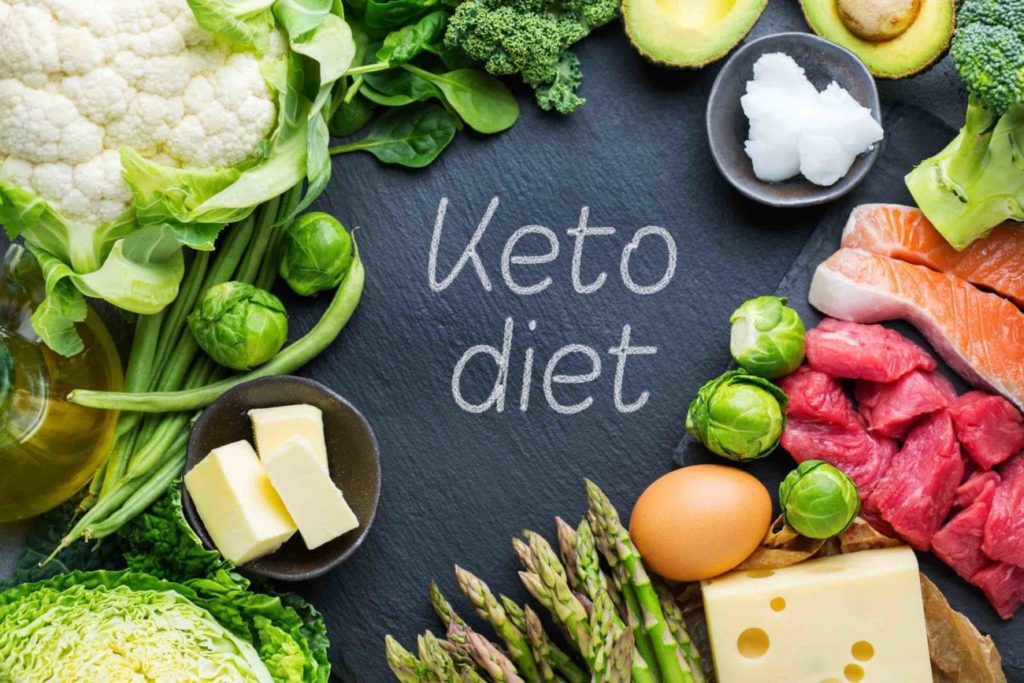6 Potential Dangers of the Keto Diet


The keto diet has become incredibly popular over the past few years, with numerous celebs becoming advocates for its fat burning benefits.
Yet, despite its proven effectiveness at burning fat, there are still some potential dangers you’ll want to keep an eye out for.
Consider these possible negative effects of the keto diet:
1. Keto flu. One possible, temporary side effect when you start the keto diet is “keto flu,” with symptoms that include vomiting, gastrointestinal distress, and fatigue. When you stop eating carbohydrates, it comes as a shock to your body, especially if you’re used to eating lots of them, with flu-like symptoms as a result.
- You can reduce the symptoms of keto flu by drinking lots of water, eating potassium-rich foods like avocados and leafy greens, and getting plenty of sleep.
- Also, if you reduce your carbohydrates slower instead of cutting them out all at once, these symptoms may decrease or even stop altogether.
2. Diarrhea. This symptom occurs when your gallbladder becomes overwhelmed. The reason for this is that your gallbladder is the organ that produces the bile that breaks down the fat in this diet.
- Another potential reason for this side effect is a lack of fiber in your diet, which can occur if you start to cut back on your carb content. Adding more fresh vegetables to increase your fiber intake can help reduce this symptom.
3. Regaining lost weight. The keto diet is very restrictive, with many experts recommending that you only stick to it for a maximum of 90 days, after which you will follow a more sustainable diet.
- The challenge with this is that often people fall back into their old habits and regain any weight they have lost when they go off the diet.
- Maybe a less restrictive diet that allows a few more carbohydrates would be a better option?
4. Ketoacidosis. The keto diet can potentially be dangerous for those with type 1 or type 2 diabetes. This is because ketosis can cause ketoacidosis to occur, which is a condition that occurs when the body stores too many ketones.
- Ketones are a byproduct of burning fat, which occurs during ketosis.
- Ketoacidosis can cause your blood to become too acidic, which can cause damage to your liver, kidneys, and brain. While this condition is rare, if left untreated, it can be fatal.
5. Reduction in muscle mass. You may find that you are not consuming as much protein with this diet as you were before. This could lead to a loss of muscle mass, and therefore a drop in your metabolism.
- Then, if you are not able to burn off as many calories, since your resting metabolic rate is now lower, once you start eating normally, you’re more likely to regain the lost weight.
6. Increased risk of heart disease and diabetes. The keto diet encourages eating plenty of fruits, vegetables, and lean proteins. However, there will be some who see the words “high fat” and choose to fill their plates with unhealthy fats and bacon. This can increase your risk of developing heart disease and diabetes.
- To remain healthy during any diet, whether that is the keto diet or any other, ensure that you’re eating nutrient-rich foods. This means eating lots of fruits and vegetables, with lean animal proteins, or plant-based proteins like tofu, lentils, chickpeas and quinoa.
There are plenty of reasons why you might want to consider the keto diet if you are looking to lose weight. Just remember that, despite its benefits, there are some potential risks too.
Be safe and take care of yourself. If you have any concerns about the risks of the keto diet, talk to your doctor or look for an alternative that suits your preferences with less risk.
CLICK HERE to Explore Our Free Online Courses


Responses